The first five projects in the Connected Waters Leverhulme Doctoral Programme began in autumn 2024. The overall vision of the programme is to promote a deeper holistic view of the interactions between humans and freshwaters and lay the groundwork for solutions to freshwater ecosystem degradation. Thus the projects span human agency, governance and management and environmental processes and interactions in freshwater ecosystems.
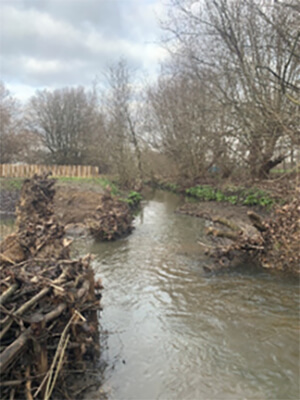
Emma Brind
Many rivers have been physically altered by humans and require extensive restoration to recreate lost habitats, restore biodiversity and improve ecosystem function. However, the evidence for restoration success is limited and ambiguous, which means that restoration outcomes are rarely scientifically validated and subsequent restoration projects cannot build on best practice. For my PhD project I will be addressing the shortcomings of restoration monitoring through the application of established (physical, chemical and ecological) river restoration monitoring techniques alongside developing a novel, volunteer-based monitoring protocol. In doing so, my project aims to promote public involvement in river conservation, building closer links between volunteer groups, River Trusts, and environmental scientists to explore the effectiveness of methods to reinstate river biodiversity and ecosystem processes.
This year, I am first completing a Masters By Research which also addresses the fragmented picture of restoration success. It is called The short- term, ecological effects of restoration in an urban, chalk river, which involves monitoring different biological and functional traits of invertebrate and fish populations in a recently restored reach of the Hogsmill River in South London. This project aims to use a novel time scale, and wide variety of measured parameters to shed light on patterns of recovery in restoration projects that have not yet been explored.
Erin Doyle
Erin Doyle (Te Whānau-ā-Apanui, Ngāti Porou) has a Master of Science, majoring in Biological Science, from the University of Waikato (Aotearoa/New Zealand). She has ten years of research experience, primarily in the field of molecular ecology. Her doctoral research focuses on river biofilms as indicators of river health.
River biofilms are multi-species microbial communities which form on surfaces, such as stone and wood, submerged in streams and rivers. These communities are ubiquitous and sensitive to changes in the environment, making them ideal for use as indicators of pollution and river health. Erin’s research aims to improve our understanding of these biological systems and the ways in which they are affected by the river catchment.
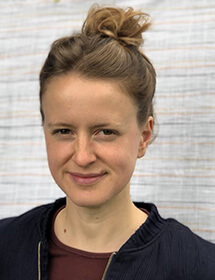
(c) Charlotte Hermann
Imke Horstmannshoff
Imke Horstmannshoff researches social-ecological change in the European context, with a background in Cultural and Global Studies. Her work around the Rights of Nature (RoN) includes networking, organising and facilitating workshops, as well as coordinating the German Heinrich Boell Foundation's RoN online resource.
Governing the Flows: Human-Nature Relations, Multispecies Justice and the Rights of Rivers in Western Europe
Rights of Nature are increasingly being proposed as a solution to our complex socio-ecological challenges, but their potential as a new governance model has not been evaluated. With an inter- and transdisciplinary, place-based approach, Imke's research explores the Rights of Rivers (RoR) in Western Europe. Considering wider debates on Multispecies Justice and human-Nature relations, she investigates and accompanies local communities mobilising around river ecosystems, thus generating in depth understandings of how RoN contribute new participatory approaches and understandings to socio-ecological resilience.
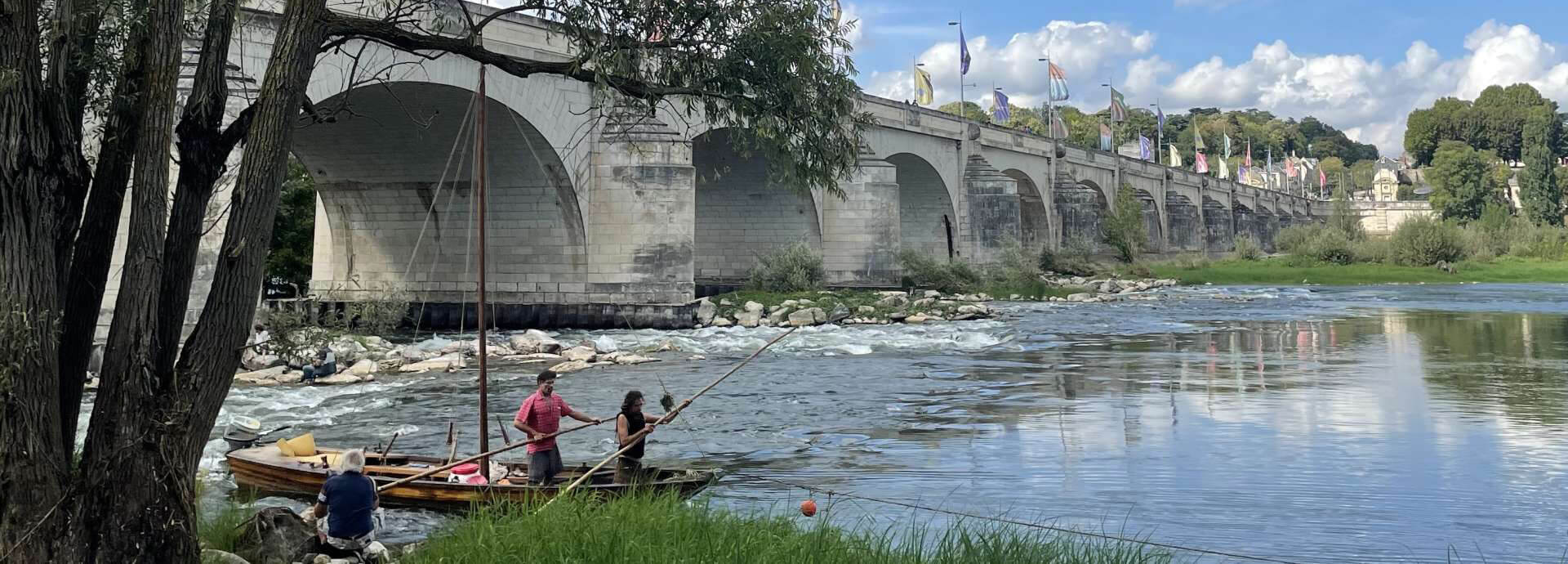
(c) Francois Troin, Université de Tours
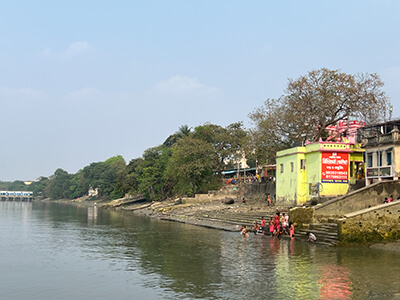
Purnanjali Chandra
Rivers are shaped by both environmental and socio-cultural factors forming an interactive socio-environmental system that variably influences the aquatic life, water quality and even the form of river. However, river pollution is often assessed through bio-chemical parameters such as pH, dissolved oxygen levels and presence of aquatic life. To consider managing river quality and health as a consequence of “bio-socio-political complexities” is an interesting opportunity to explore existing environmental policies. Therefore, in this project, I will investigate the “interconnectedness” between power asymmetries, diverse stakeholders, governance institutions, legitimacy, funding mechanisms and environmental factors that impart a holistic understanding of river pollution and its management. Through ethnography, perception-based study methods and river water quality data assessment, I envision to focus on a comparative case study analysis between United Kingdom and India. Working closely with diverse stakeholders and local communities, my research aspires to inform policy through its findings on the importance of monitoring and assessing river pollution as a product of socio-environmental factors alongside existing bio-chemical factors.
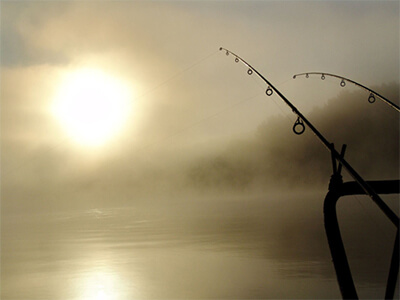
Roz Bewketu
My project will use theory and qualitative approaches from anthropology, social sciences and ecology to assess the motivation, perspectives on nature and environment interactions of recreational anglers. There are 750,000 regular river anglers in the UK, but recreational anglers and fishers remain a scarcely studied community from social and cultural perspectives. By exploring their goals, concerns, and approaches to care of the riverine, I hope to gain insight into how this pastime contributes to both socio-human connections with rivers and river ecosystem form, complexity and function.
